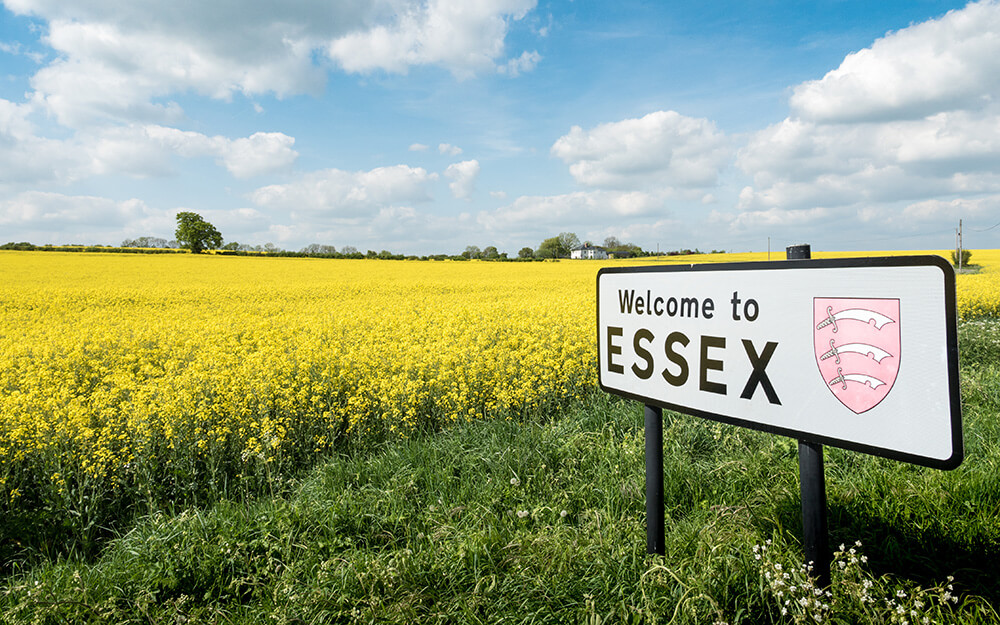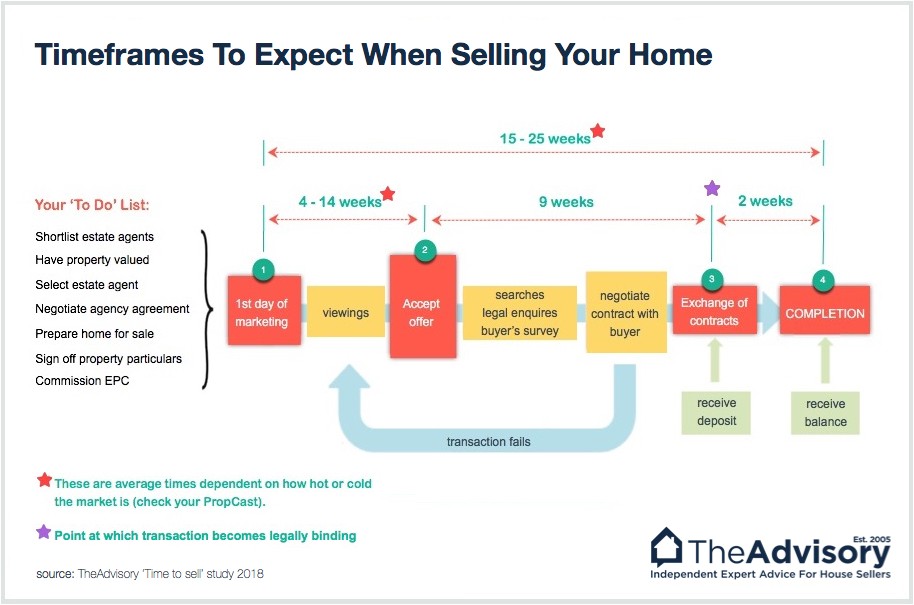3 Important Benefits to Owning an Essex Green Home

3 Important Benefits to Owning an Essex Green Home
The concept of sustainability and going green is not new. This lifestyle is beneficial to people’s health and the environment, and interestingly, your finances too. You essentially decrease carbon emissions and enjoy a healthy internal and external environment in your home when you lead a green lifestyle.
Although the initial costs of setting up green structures may be on the expensive side, the investment is definitely worth it when you consider its implications on your finances and the environment.
Health Benefits
There are several health-based advantages associated with owning a green home. Today’s traditional buildings lack proper ventilation. Thus, the indoor air quality is usually more polluted when compared to the air outside. This can negatively affect your health and can cause respiratory issues such as asthma.
Alternatively, certified green properties usually enjoy impeccable airflow and ventilation. Moreover, the building materials are generally toxin-free, and there are lesser issues associated with mould and mildew.
Environmental Benefits
Today, a substantial part of carbon emissions are generated by homes. A green home usually creates a smaller carbon footprint as better insulation is used to construct such homes, which also boast energy-efficient appliances. To build green structures, sustainable or recycled materials are used, which considerably decreases the environment’s overall effect.
Moreover, proper green buildings make the most of natural lighting and airflow, reducing artificial lights and other appliances to manipulate the temperature.
Financial Advantages
Green buildings help decrease energy usage and, thus, energy-based expenses. In green structures, the ventilation systems are insulated better for the reduction of air leakage. Moreover, builders tend to install fixtures that help in the conservation of water as well, which are exceptionally energy-efficient.
Although the preliminary expenses are a little higher, your bills every month will witness a substantial decline.
Owning a green property comes with several other financial, environmental, and health benefits. By opting for a green home, you essentially save money and the earth while you enjoy a healthy environment.
In case you want to buy a new house, do consider a green property. If you have any queries regarding green properties today, please call 01277 564022 or email at [email protected] for more information.







